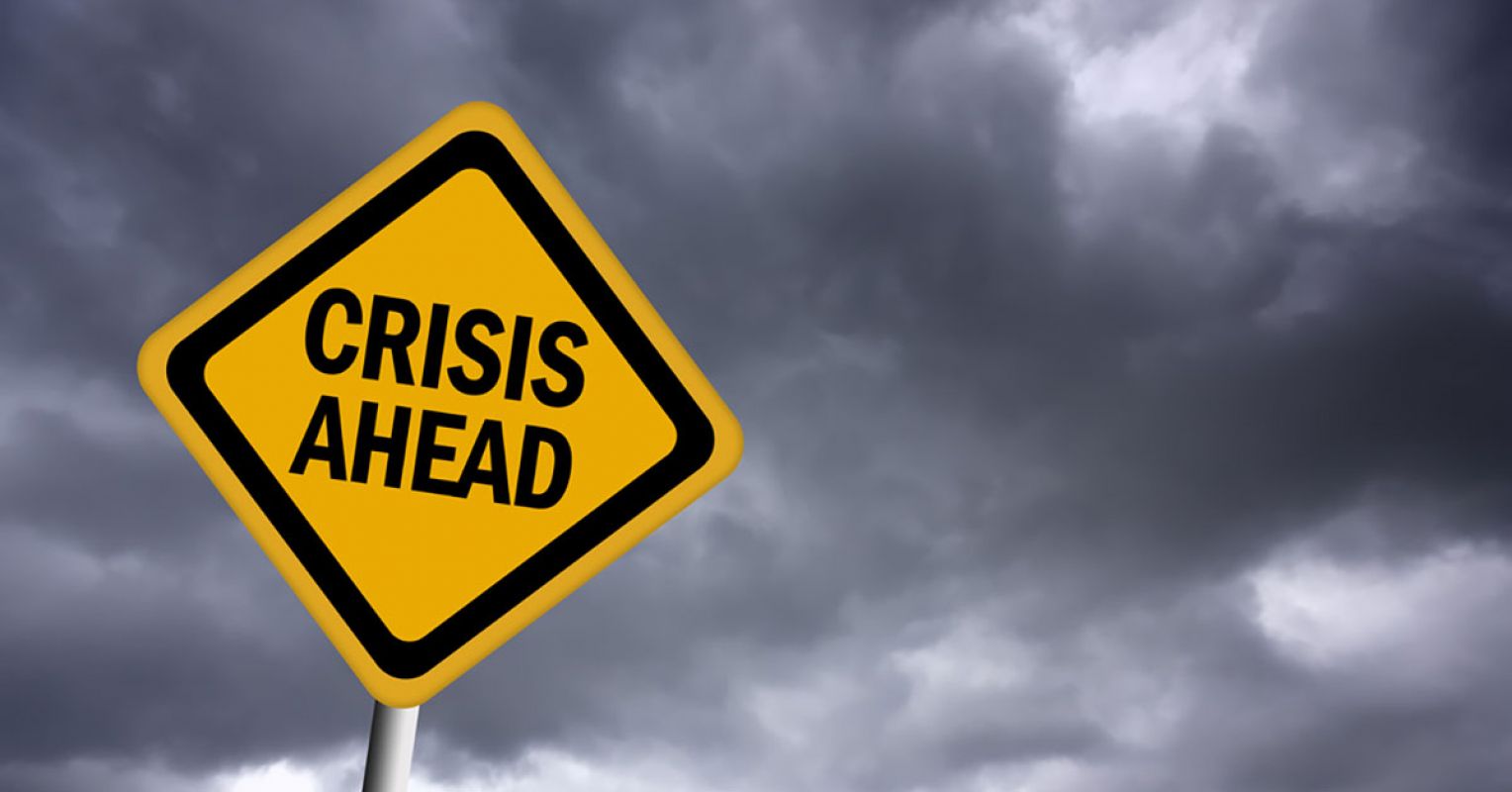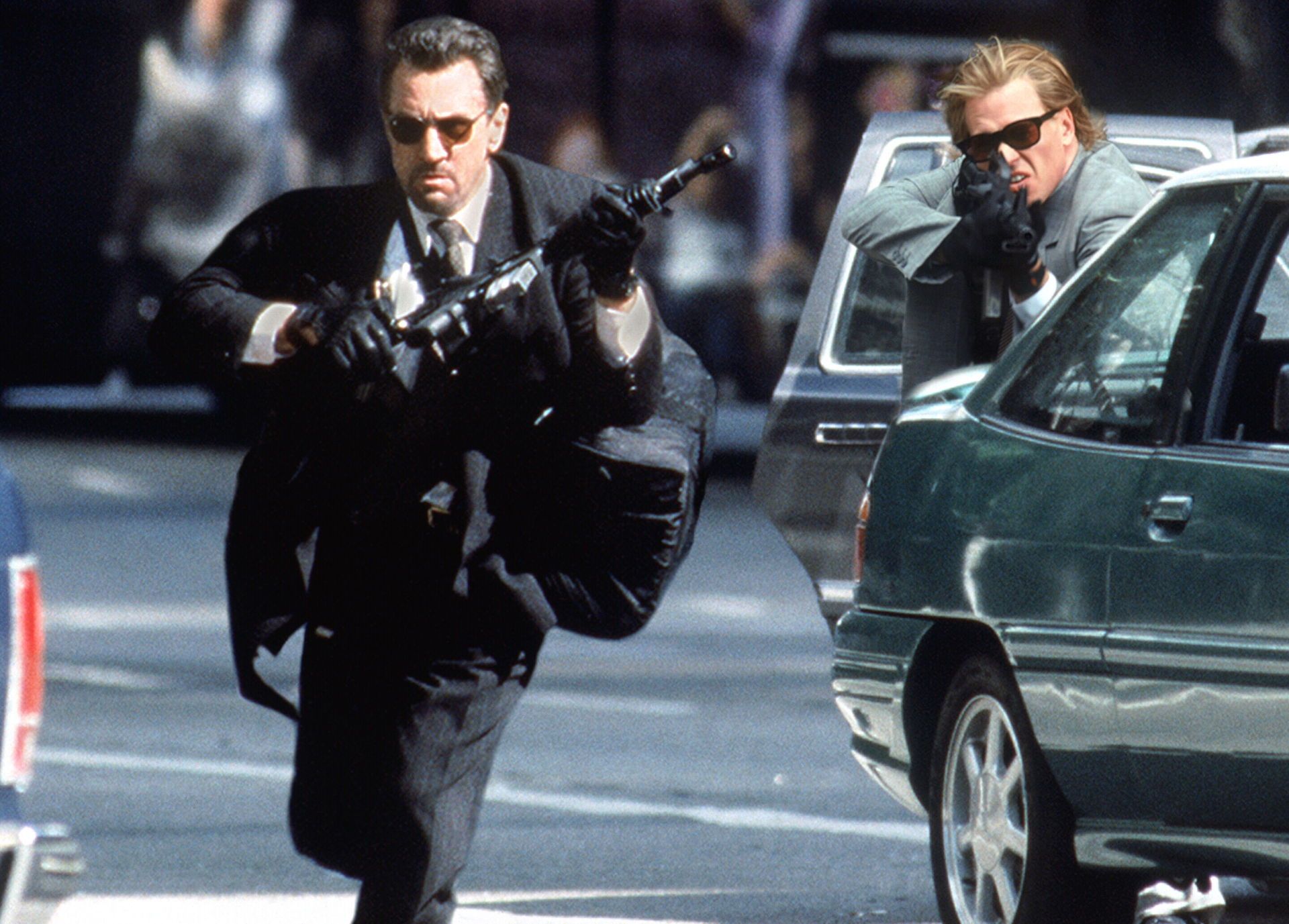The year was around 2004 and I was working swingshift as a canine handler. Our dispatch received a call of an “ATL” or an attempt to locate of a roughly 18-year-old girl named Heather who was a missing person from Northern California. When she left, she was suicidal, and her father’s .38 caliber revolver went missing as well. The family received information she had taken a bus to Palm Springs and was in a local motel. We checked with the front desk at this motel and found she was registered there. As I and two other officers stood outside of her room on the first floor, a gunshot rang out from inside. One of the officers I was with shouldered the door causing it to explode inward. I can still see and smell everything inside like it just happened. Heather had consumed enough of a bottle of Bacardi 151 rum to numb her senses and get up the courage to place the barrel of the revolver to the right side of her head at the temple. She fired a single round ending her life.
Not long after this incident, while I was still a canine handler on swingshift, I was assigned to work a beat because we were short-staffed. I responded to a call of a missing person at a condominium complex. I spoke to the reporting party, a woman in her 20’s, who was reporting her younger sister as missing. The missing girl was in her early 20’s but due to a developmental disability, had the mental state of a 10-year-old. Unfortunately, the missing girl, whose name escapes me, had gotten involved with a parolee who she was on and off with for some time.
In a rare occurrence a records check was able to provide us with the parolee’s actual address. Several of us went to the location and found the parolee and the missing girl. The young girl was tied to the bed with dog leashes. He had held her captive since the day before and would ask her if she loved him. If she wasn’t convincing enough, he would beat her with a large metal flashlight. We got her medical attention, reunited her with her sister, and the parolee went to jail. I never went to court on the case, and I don’t know what ever happened to the victim.
You may be asking why I told you about these two incidents. Because I carry them with me to this day. After 30-years in the business I have been to a lot of calls for service, I have interacted with a countless number of people, and I have seen plenty of death. But why do these stick with me? I don’t have the answer because I have not really unpacked them with my therapist, or anyone really. I often wonder what Heather might have become in life had she not killed herself. I wonder how that young lady is doing, I hope she is alive and well after this traumatic event.
These were just “calls for service” we handled day after day, it was the job. But like any traumatic event, there is a tomorrow for us. Just because we handle the call, doesn’t mean it’s over. Heather and this young girl will live forever in my memories, in the darkest places of my mind that still make me sad to this day, and for the rest of my life I suspect. These events are the stuff nightmares are made of. Studies have shown the average person will experience 2-4 critical incidents in their lifetime, while a police officer will experience more than 800 in a 20-year career. Let that sink in.
How do you make the nightmares go away? The short answer is you don’t let them start. Sounds simple but it takes an enormous amount of work on the front end of your career, during, and after it ends. Mental health, mental hygiene, and officer wellness was not a thing when I started, in fact, it wasn’t a thing through most of my career. The unfortunate part is many terms and ideas are all theory to many people. They are used as buzz words to make it appear as though the agency is truly invested in their people. By and large it’s not out of malicious intent, it is pure ignorance and a huge issue of detachment from the line level personnel. Maybe they never struggled with this. Maybe they have been out of the field for so long they have forgotten what it is like to see death and suffering all day, every day. There is also a certain level of institutional arrogance. By that I mean they suffer from “I know what’s best,” because of rank and tenure. Rank and tenure do not equate to knowledge as we all know.
I personally like term mental hygiene because it implies regularity. Just like brushing and flossing your teeth prevents tooth decay, just like showering daily not only makes you more pleasant to be around but it also prevents skin disorders. Mental health hygiene is very specific to the individual. What works for one may not work for the other. There are so many options when it comes to maintaining your mental health and this is what I always suggest, try as many as you can. Find what works for you and what you enjoy. If you don’t like it, you won’t use it. Healing yourself is hard and ugly work, so you must have a certain level of enjoyment from your practice. Whether it is talk therapy, journaling, Reiki, physical exercise, yoga, meditation, support groups, stellate ganglion nerve blocks, float therapy, psychedelics (medically supervised of course), getting out in nature, or whatever helps you heal, try it. If it works stick with it, if it doesn’t, drop it and try something else.
If you think your organization is going to treat the individual, you are mistaken. They are going to try and cover as much ground, all the while mitigating costs. Afterall, no matter where you work, it’s a business. YOUR mental health does not get treated in an app, or from a poster on the wall in the break room, it comes from you being your own advocate. It also comes from strong leadership, which seems to be a void everywhere today. Your organization has a moral obligation to provide you with the help you need. But you also have a greater obligation to you and your loved ones to stay mentally healthy. Remember, life is a marathon not a sprint.
Cheers mates,
Jon







